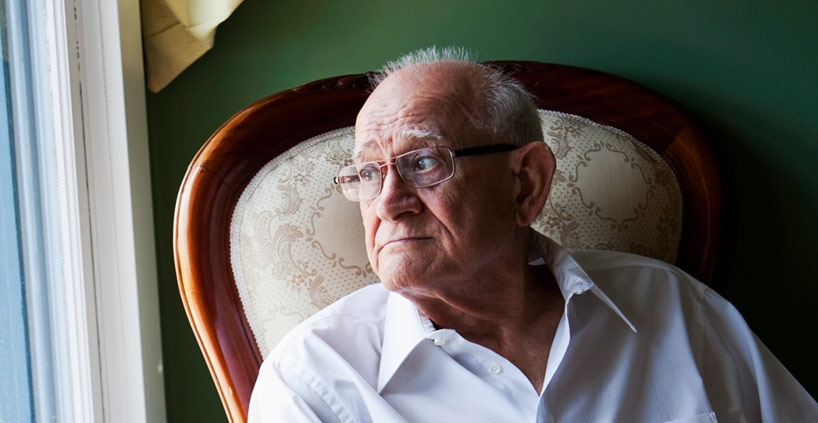Five Facts You Need To Know About Senior Isolation
Recent research has shown that isolated seniors do not live as long and are more likely to develop long-term diseases compared to their more social counterparts.
Technology for Caregiving
Recent research has shown that isolated seniors do not live as long and are more likely to develop long-term diseases compared to their more social counterparts.

Recent research has shown that isolated seniors do not live as long and are more likely to develop long-term diseases compared to their more social counterparts.
Strengthening social support can act as a key protector against maltreatment by the elderly. Practicing self-care, taking awareness for a few minutes, seeking support, and hiring respite home care can all help family caregivers get the rest and the social connection they need.
Seniors who are isolated tend to need longer-term care. With the toll that loneliness can play on physical and mental decline, older adults with fewer social contact require longer-term care. Professional care can be an important piece in the puzzle when it comes to reducing social isolation.



